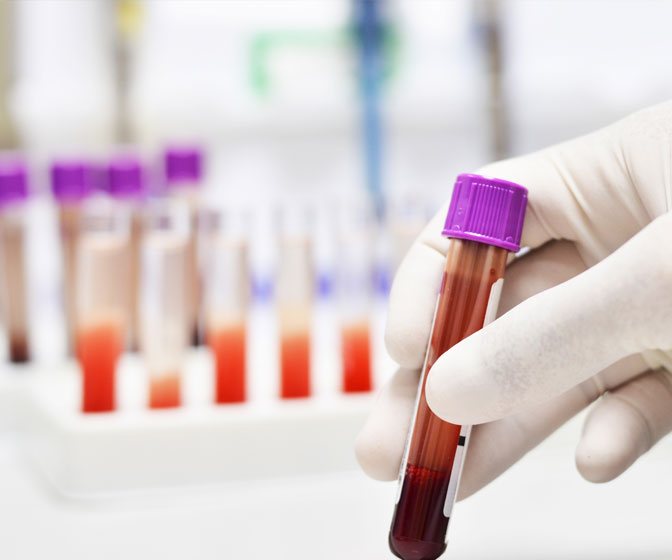What is Hematocrit?
If you are reading this, chances are you don’t know what hematocrit is yet (or even how to pronounce it). You’re not alone. Hematocrit [huh-ma-tuh-krit] is the amount of red blood cells in your blood. Hematocrit test results, or hematocrit levels, are given as a percentage of the total volume of your blood. This is related to hemoglobin, which is measured every time you donate blood.


